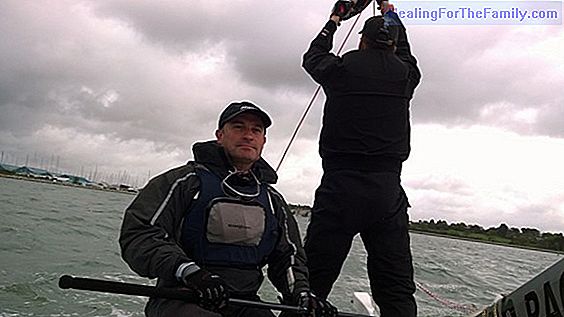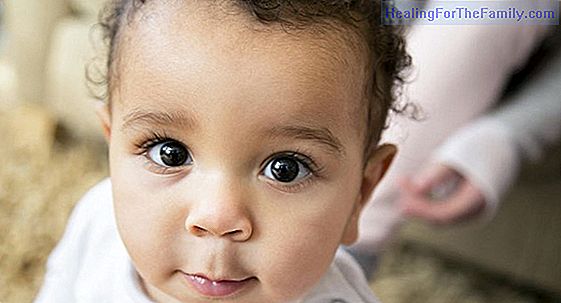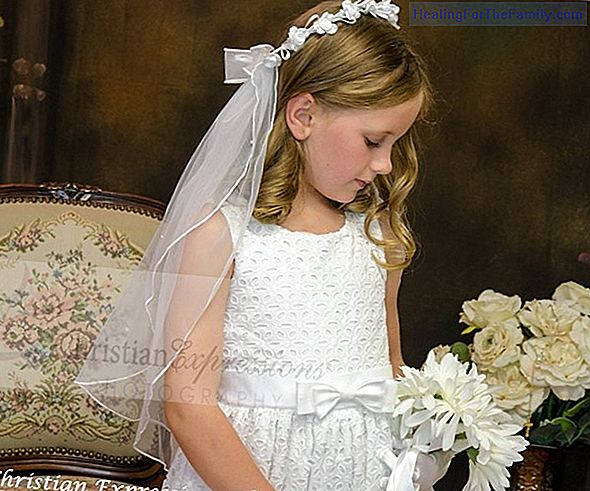Emotional intelligence in children
Parents can teach children to identify their emotions and control them. It is important that they know how to reason about their emotions, theirs and those of others. Emotional education is part of the child's education. The psychologist Silvia Álava, in this interview with Guiainfantil.com, clarifi
Parents can teach children to identify their emotions and control them. It is important that they know how to reason about their emotions, theirs and those of others. Emotional education is part of the child's education.
The psychologist Silvia Álava, in this interview with Guiainfantil.com,clarifies what emotional intelligence consists of, how children's emotional intelligence can be measured and how to educate them in their emotions.
Emotional intelligence in childhood

Emotional intelligence is, taking the definition of Salovey and Mayer, a subset of social intelligence that includes the ability to control one's feelings and emotions as well as others', to discriminate between them and others. Use this information to guide our thinking and our actions.
Emotional intelligence is the ability to think, to reason about emotions and that implies first of all, identify emotions, both their own and those of others, which would be emotional perception.
It's about:
- using emotions to help us think; that would be emotional facilitation.
- understand the emotions; emotional understanding
- handle emotions both in ourselves and in others.
How to measure the emotional intelligence in the child
Emotional intelligence to measure it can have two different major measures:
- First is the self-assessment: it is about measuring how we think of emotionally intelligent, which would be evaluated through a questionnaire such as the TMMS.
- Evaluate emotional skills: that is measured with a test such as the MESQUITE.
These are two tests that have empirical studies, with scientific validity and that measure our emotional intelligence. Sometimes we find questionnaires online or in magazines that tell us how intelligent you are emotionally, and that type of questionnaire does not really have an empirical validity, that is, they do not tell us that it really is going to be that way.
How can emotional intelligence be applied in children? As for children, we are very concerned that they have a very extensive academic curriculum and that they are enrolled in a lot of subjects, and of languages, but we can not forget to educate the emotions that will be something that will be fundamental in those children.
Educating emotions is going to be fundamental in children and this is not something that can be done at random, but it also has to be planned. We have to know what we have to work with, how we want to work with children, what we have to focus on
Emotional education will help us to modify our feelings. They have to understand what is happening, to recognize those feelings, to perceive them well and to know how they feel. We have to help them also to be able to reason those feelings.
For example, it is very useful for children to teach children not to worry about things that we do not know if they are going to happen. Many times adults spend all day worrying 'what if this happens? What if the other thing happens? ' and we are suffering uselessly. Teach from childhood to perceive these feelings, to manage them, to modulate them, and to always go in their favor and not against them.












